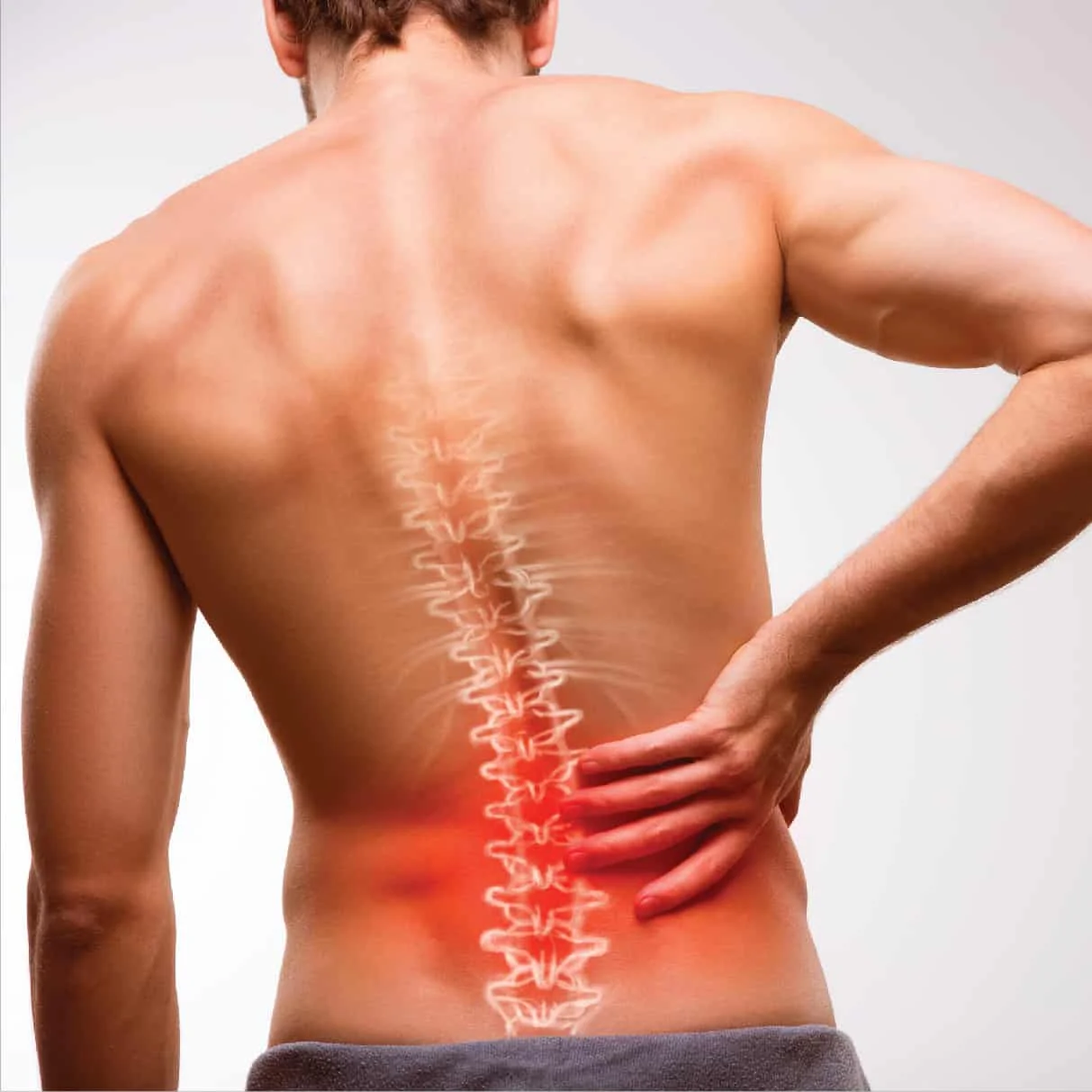
Our Neurology team provides comprehensive diagnosis and treatment for disorders affecting the Brain, nerves, and Muscles. We specialize in Stroke care, Epilepsy, Dementia, Movement disorders, and Neuromuscular diseases with advanced Neuro-diagnostic support.
Trust Our Top Neurologists for the Best Neurology Care in Delhi
- Managing acute neuro-emergencies
- Diagnosing complex conditions through advanced screenings and imaging
- Creating personalised treatment plans based on comprehensive assessments
- Providing critical-care facilities for complex traumas
- Offerinng multimodality neuro-monitoring
- Efficiently triaging patients based on specific needs
Patient Stories
-

IBS Hospital | Cerebral Palsy Treatment | Ms. Saloni Sabharwal’s Journey with Cyberdyne - YouTube
-
.webp )
Stroke Surgery Success: Lifesaving Treatment for Coma Recovery | IBS Hospital - YouTube
-

Brachial Plexus Injury: Weak Arm, Nerve Damage | Treatment with Peripheral Nerve Stimulation | IBS - YouTube
Our team of experts that make it possible
-
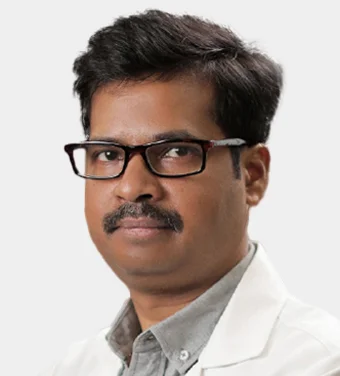
Dr. Kishan Raj
Senior Neurologist
-
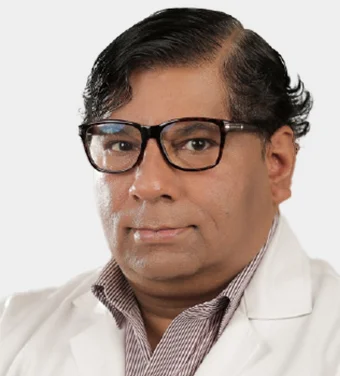
Dr. Sanjay Kumar Choudhary
Senior Neurologist
-

Dr. Sachin Samuel
Senior Neuro Physiotherapist
-

Dr. Gaurav Sharma
Senior Sports Physiotherapist
-
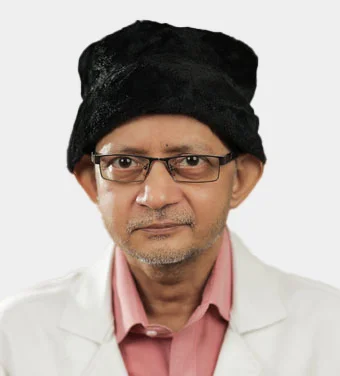
Dr. N. Sairam
Senior Consultant Neurologist
-

Anjali Manchanda
Consultant Psychologist
-

Shivani Misri Sadhoo
Psychologist & Marriage Counsellor
Book an Appointment
Receive swift, expert analysis of your diagnostic tests, along with personalized treatment plans.
REQUEST A CONSULTATION TODAYIBS Hospital Empowers Your Treatment with Cutting-edge Technology
We continuously incorporate cutting-edge technologies from around the world into our offerings, such as a surgical system that allows for precise and confident complex procedures. We use magnetic stimulation to treat certain neurological conditions and create personalised brain maps for tailored treatment plans. Nerve monitoring during surgeries ensures the nervous system is not compromised, and a robotic exoskeleton aids in mobility issues. Our goal at IBS Hospital is to provide the best care possible, utilising the latest and most innovative technologies available.


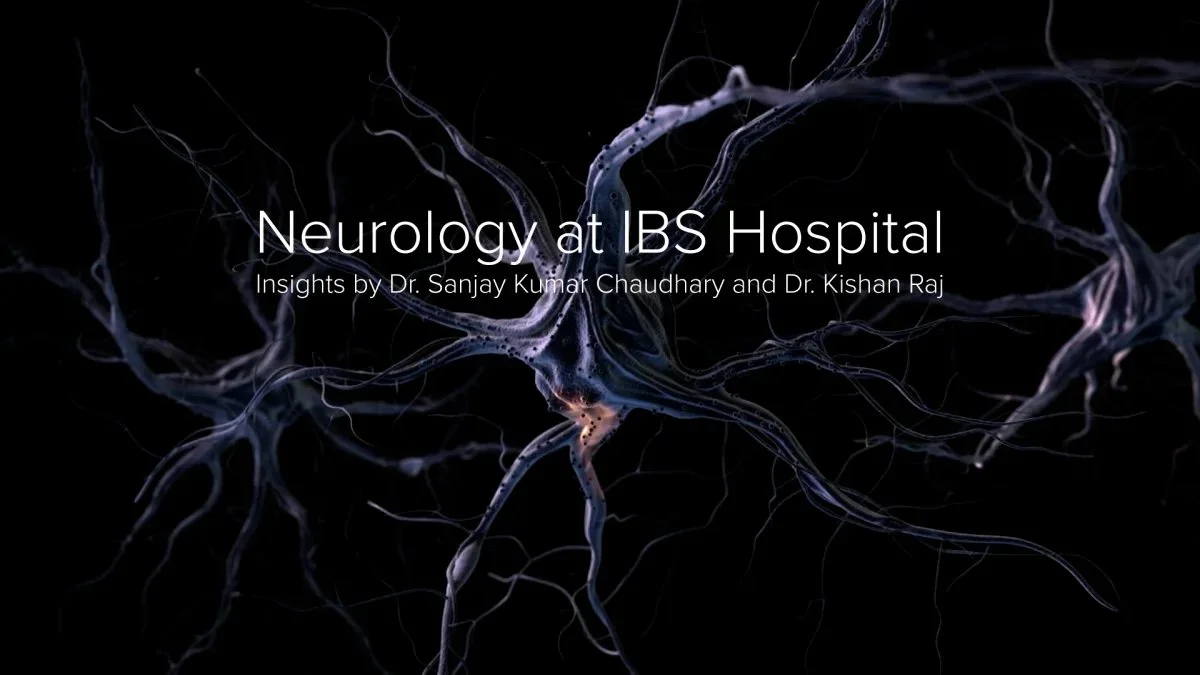
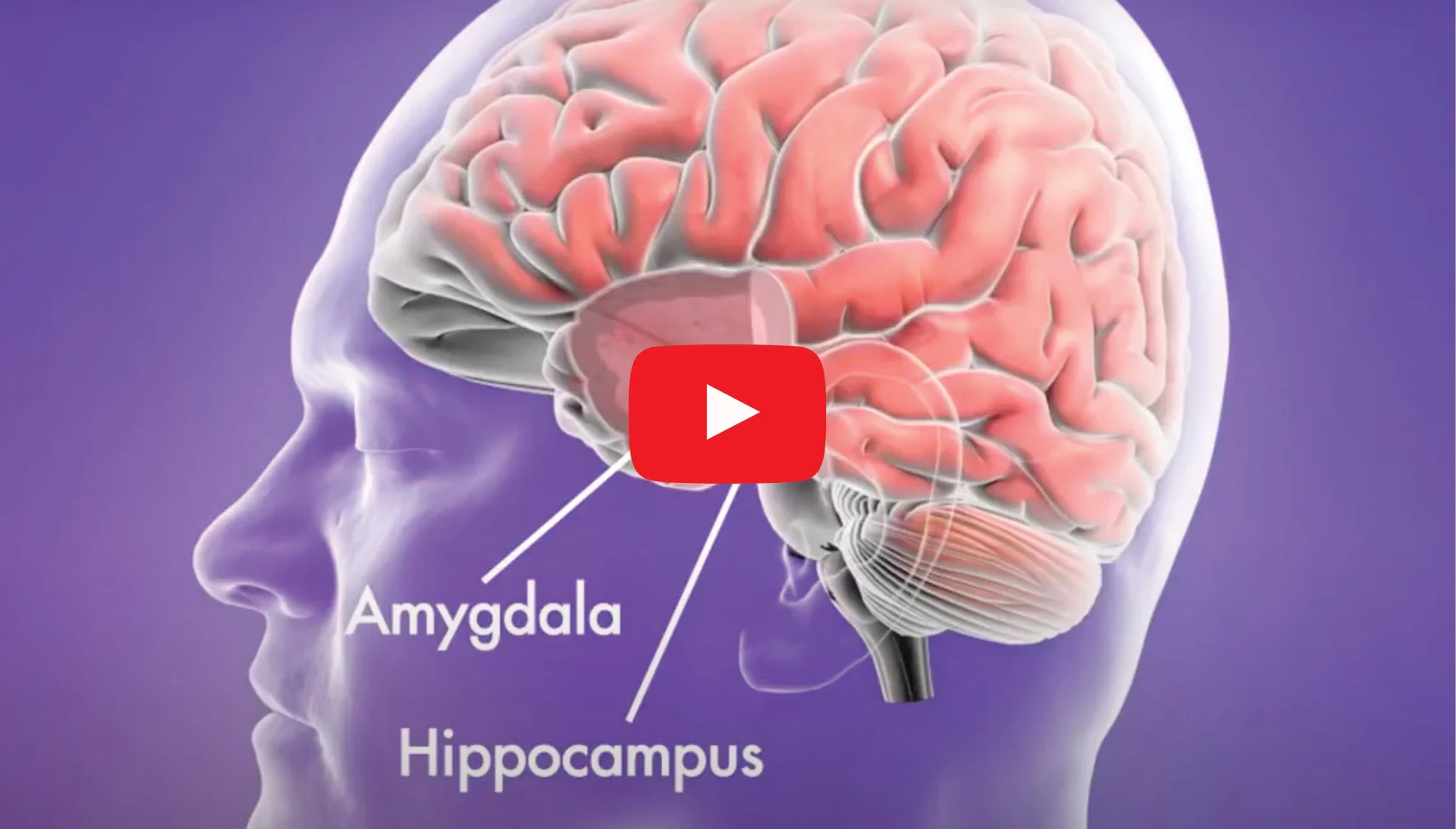
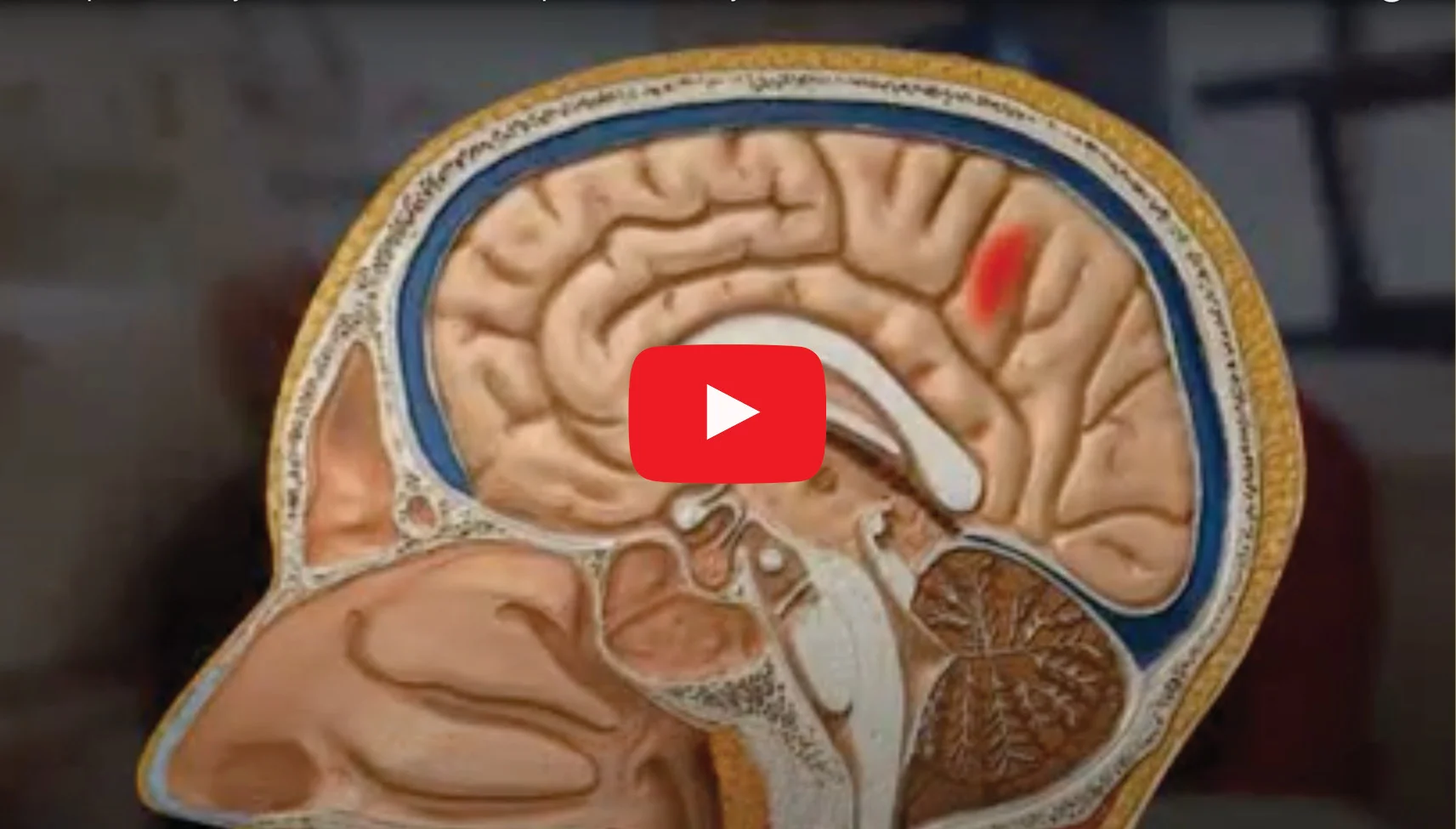
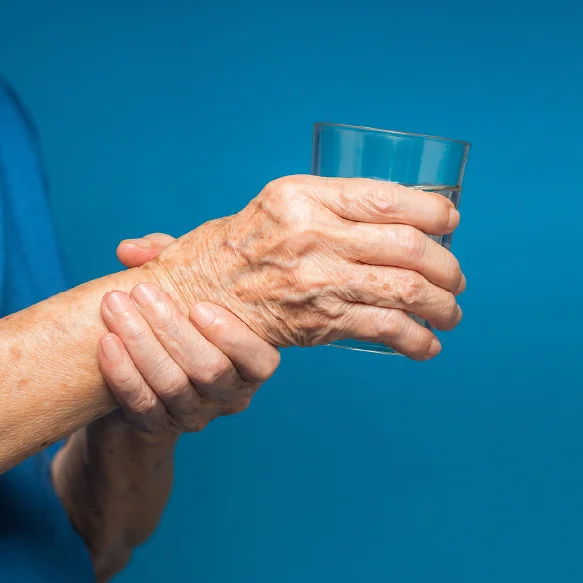
.webp )
